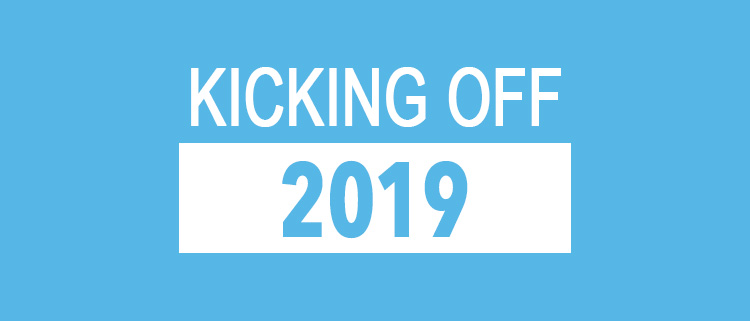New year; new resolutions! In 2019, we’re resolving to seek out new, informed sources to educate ourselves on the progress of criminal justice reform efforts here in our City and beyond. Knowledge is power, and here are the podcasts, books and films playing in our ears and on our screens, and taking up residence on our bookshelves.
PODCASTS
Ear Hustle: Recorded and produced from California’s San Quentin prison, this podcast is produced and hosted by Earlonne Woods (formerly incarcerated at San Quentin) and Bay Area visual artist, Nigel Poor. The two discuss the day-to-day life they experience in prison, from the excitement that comes with receiving letters from loved ones to the thought process behind choosing a cellmate, to finding the best food while incarcerated. A special feature of Ear Hustle: Earlonne and Nigel use samples of inmates singing or rapping in the prison yard and a fellow incarcerated person transforms them into original beats for the podcast.
“I love it because of how it humanizes the smallest details that people who have never touched the justice system would ever think of. It is completely based off of the experiences of the people in prison there, and focuses on complexities and nuance that even as a social work, justice clinician, I would never consider.” – Tim Bustle, GOSO Adolescent Reentry Coordinator
70 Million: This podcast provides important perspective of legal systems across the country, and how one differs from the next. Host Mitzi Miller covers a range of subjects underneath the overarching topic of the justice system, from immigration court to the federal court system.
Caught: Fellow New Yorkers are the subjects of this juvenile justice podcast that goes into the lives of the young men being held in detention centers across the five boroughs. In one episode, we meet a 16-year-old with past involvement in the juvenile justice system. Hearing from his mother how the young man would dress up as Spiderman when he was younger reminds us of the young lives caught in and impacted by our justice system. Caught humanizes the experiences of these young people.
BOOKS
While the City Slept, by Eli Sanders: Our physical environment can have a profound effect on our lives, as While the City Slept shows us. The book is set in Seattle and, using a historical/justice-oriented perspective, shows us how the development of the city and its housing segregation led to justice issues. The book is a real account of a murder in the city, and offers a look into the state of mental health care in our nation.
If Beale Street Could Talk, by James Baldwin: The classic novel focuses on a young couple in New York City in the 1970s whose lives are irreversibly changed when the man is falsely accused of rape. Though decades old, this story still resonates today. Issues of abuse of power by police officers, prejudice and discrimination in our courts, and the brutality of incarceration. Reading the novel now in a way reveals how little our criminal justice system has changed and how needed reform is.
FILMS
The Sentence: A film by GOSO’s 2017 Social Justice Honoree, Rudy Valdez. When the director’s sister, Cindy Shank, was sentenced to a mandatory 15-year prison sentence for conspiracy (for knowing of her former boyfriend’s work as a drug dealer), he used the tool he knows best — his camera — to document the impact of incarceration on his family. With a special focus on the growth of his three nieces, to ensure Cindy would be able to look back on the time missed with her daughters, Valdez tells a story that has broad impact, serving as a beacon for other families impacted by incarceration. The Sentence shows the irreparable damage that unjust mandatory sentences can inflict on families.
The Hate You Give: The story of a young woman who comes to terms with her identity after witnessing her friend — a young man of color — being fatally shot by a police officer. When a young person of color is killed by a member of law enforcement, the struggle for justice that follows is a story that, tragically and all too often, goes unheard. The film reveals the stories of the real people who are impacted by these traumatic events and how they respond.

